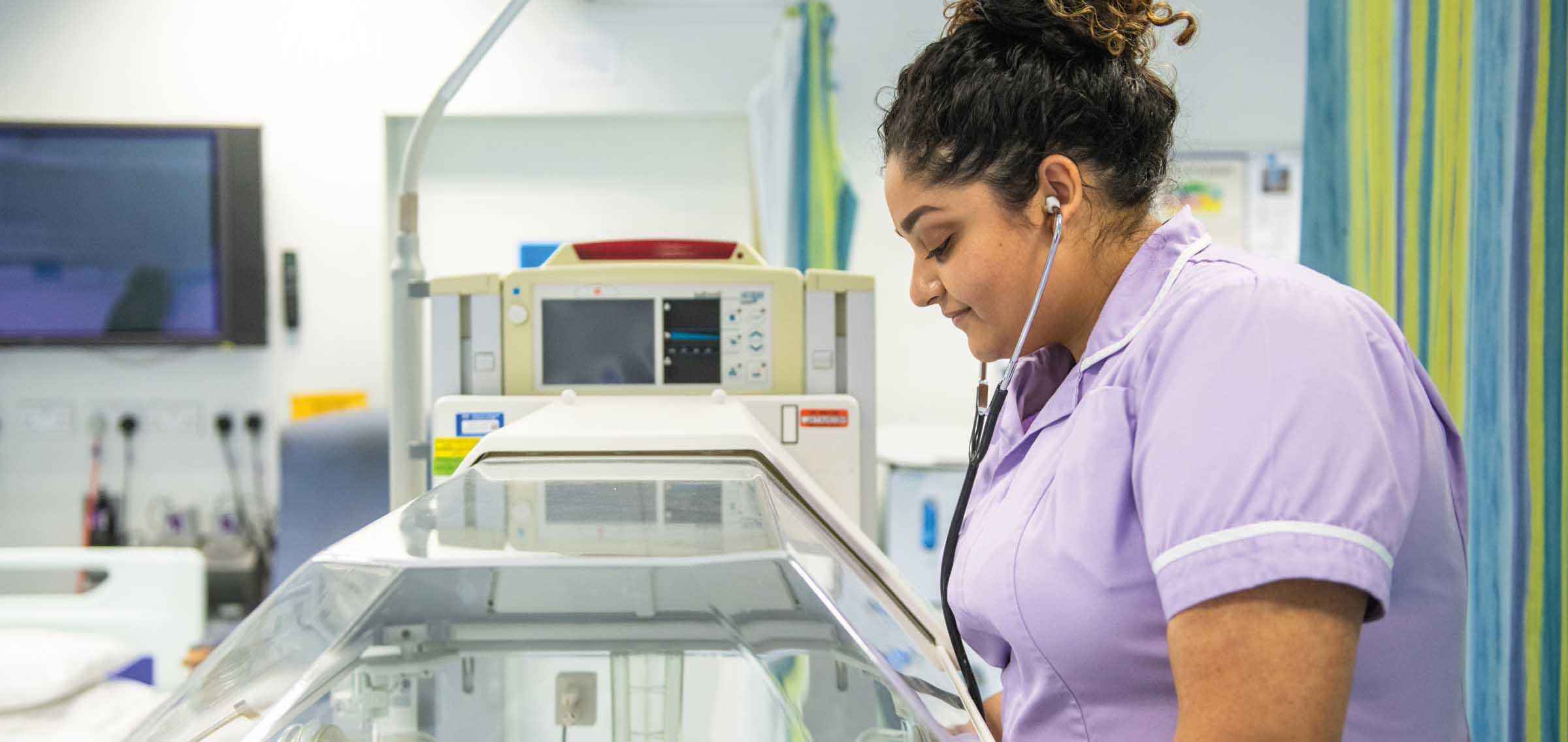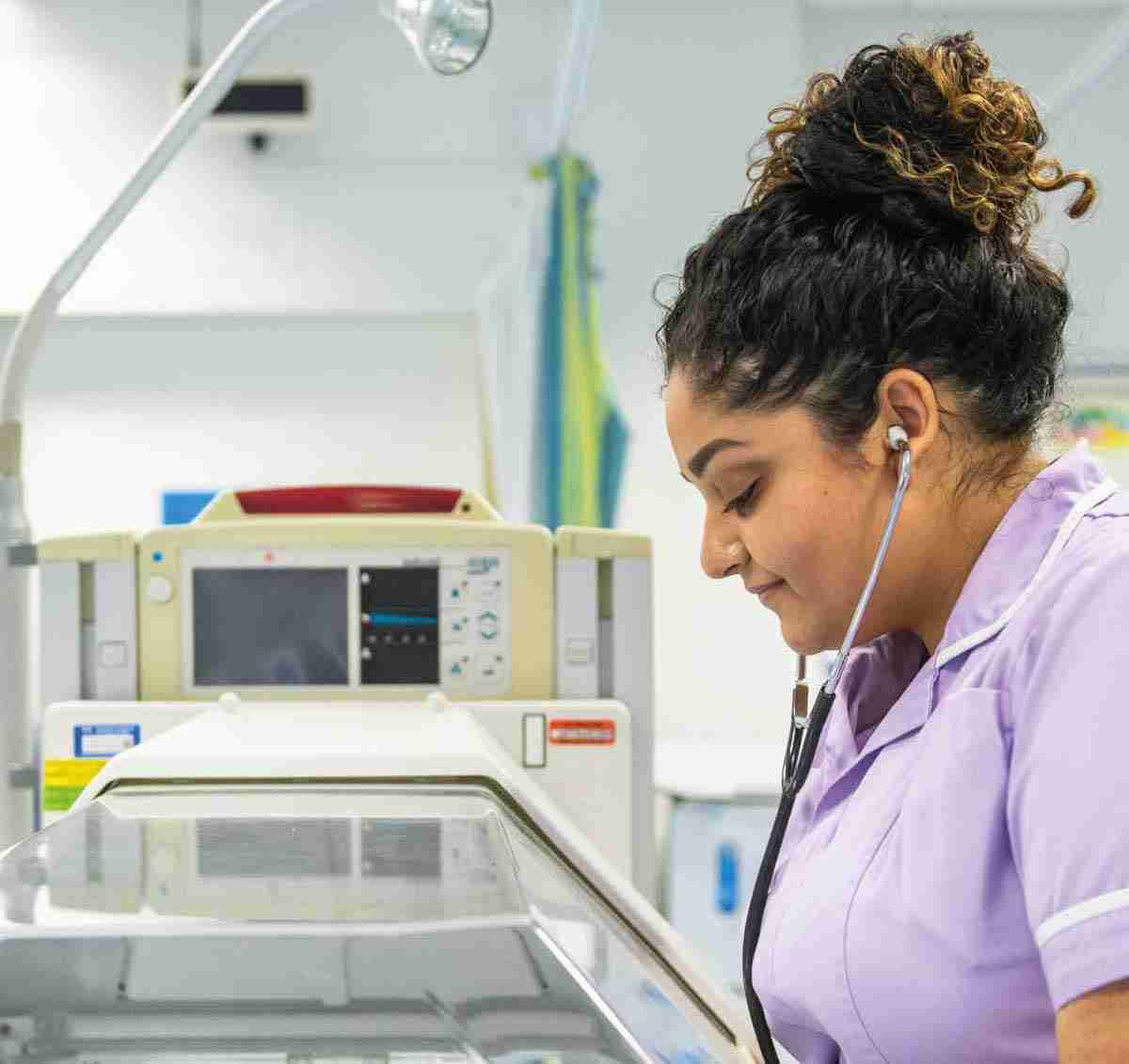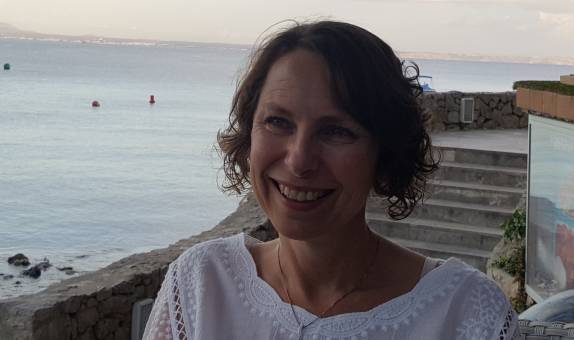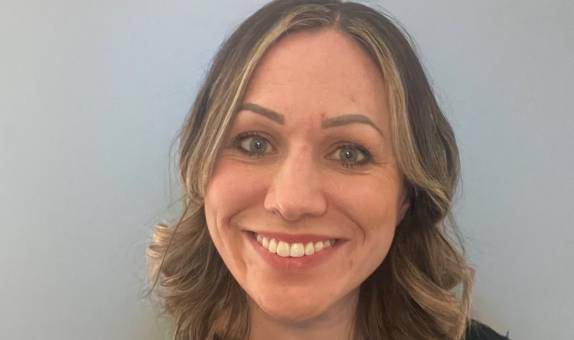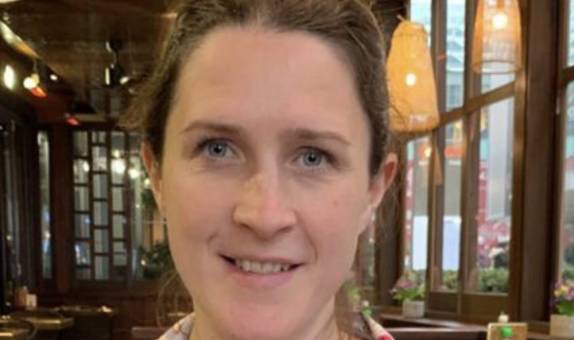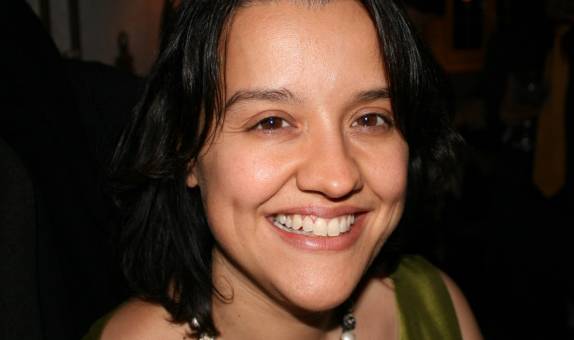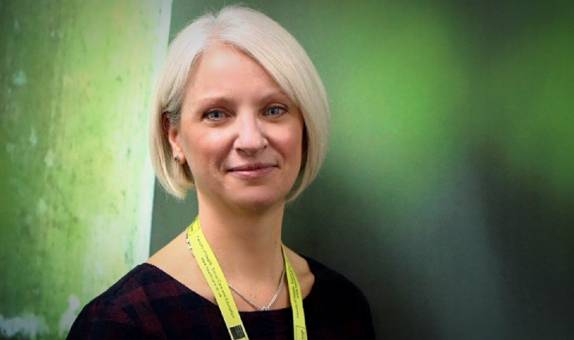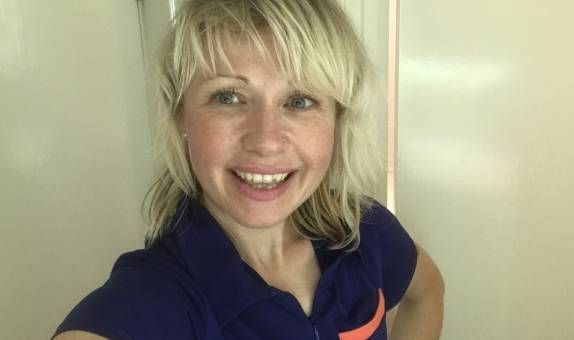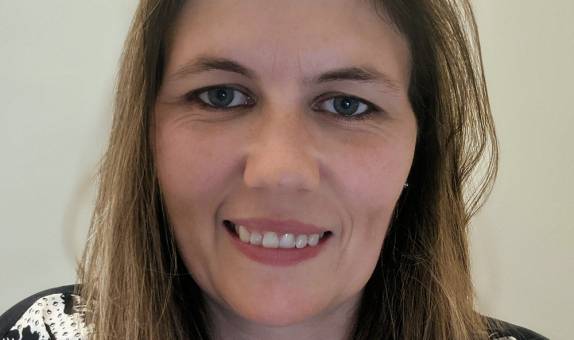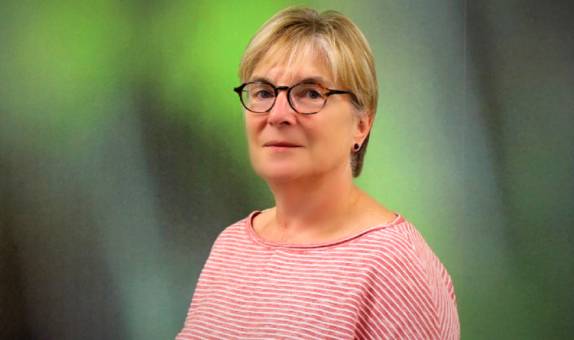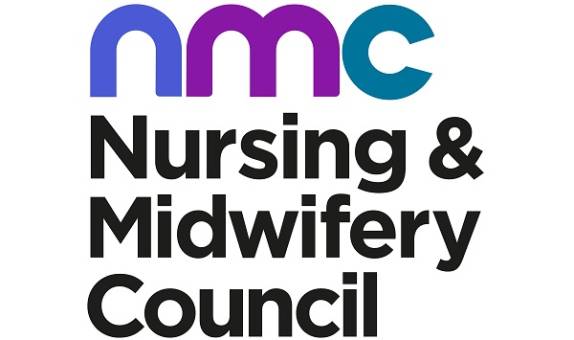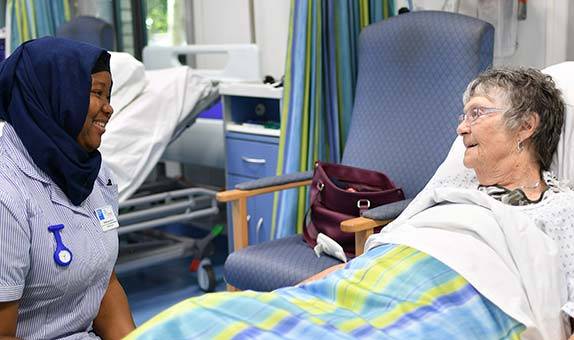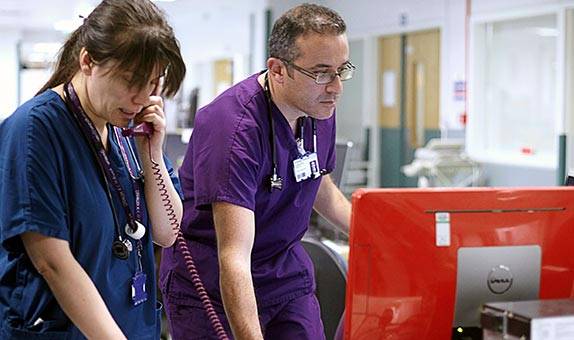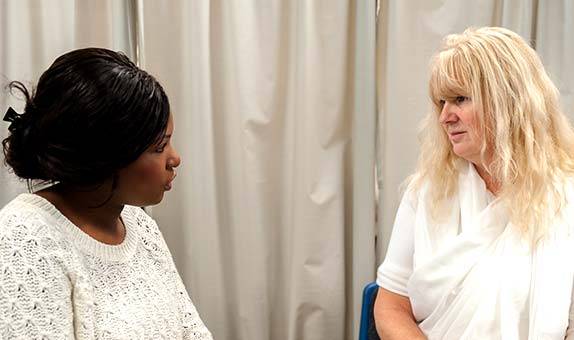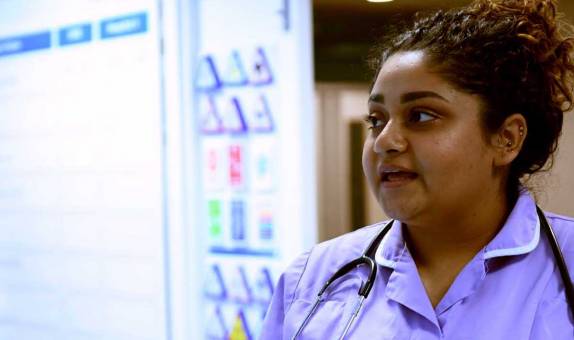Midwifery with Registered Midwife for Registered Nurses (Adult) MMid
Why choose this course?
This two year course is ideal for UK registered adult nurses who have already studied at degree level and wish to gain the knowledge and skills to register as a midwife with the NMC.
There is an emphasis on clinical skills teaching and we aim to ensure your clinical placements reflect the modules you study, enabling you to integrate theory and practice. You will work with midwives in hospitals and the community, caring for women and birthing people, and their families through pregnancy and birth and providing postnatal care.
You will be taught by experienced midwives, healthcare specialists and wider NHS experts. You will study the midwifery profession and practice, including a wide range of subjects that provide the scientific knowledge base for midwifery practice, such as maternal and neonatal physiology and care; health promotion and education; professional, ethical and legal issues; and research.
Salary Support
In September 2022, this course is funded by the government with salary support worth equivalent to the mid-point of AFC band 5 and a tuition fee contribution of up to £9,250 per student per annum, pro rata for the length of the course.
Each year we are notified by Health Education England about the number of places available.
| UCAS code | Mode | Duration | Start date |
|---|---|---|---|
| 4J34 | Full time | 2 years | September 2024 |
| Main Location | Kingston Hill |
Reasons to choose Kingston University
- We are No.1 in London and No.11 in the UK for Midwifery (Guardian University Guide league tables 2023).
- This intensive course recognised your nursing experience, allowing you to qualify as a midwife in two years.
- You will be offered a wide range of clinical experience within local NHS Trusts and the surrounding community.
What you will study
You will be offered clinical experience within local NHS trusts and the surrounding community. We aim to co-ordinate your clinical placements to reflect the modules being studied, integrating theory and practice.
The themes that run through the programme are midwifery profession and practice, research, biological science, social science, health promotion/public health, and law and ethics.
Year 1
Year 2
Your nursing knowledge will be expanded to cover the essentials of midwifery practice. You will learn alongside students in the second year of their three-year midwifery programme.
Core modules
Bodies and Birth 2
30 credits
This module will enable you to:
- systematically analyse the quality and significance of published literature
- develop an in-depth knowledge and understanding of pharmacology and appropriate medicines management across the childbearing continuum
- have a detailed understanding of fetal and neonatal development and be able to identify the normal parameters of systematic newborn examination
- develop systematic knowledge and understanding of human pathophysiology, pathophysiology, genetics, epigenetics and genomics including the physiological processes of lactation, bonding and infant nutrition
Social and Political Context of Birth 2
30 credits
This module will enable you to:
- critically analyse the socio-economic, political and cultural factors which impact on health outcomes
- synthesise the interconnected issues which affect the health and care needs of women and birthing people and their families to generate transformative solutions
- source and systematically analyse authoritative data relating to public health and the socio-political context of maternity care
Midwifery Profession and Practice 2A
30 credits
This module will enable you to:
- optimise normal processes in a variety of contexts even where there may be additional care needs for the woman or birthing person, fetus, and/or newborn infant
- have a systematic understanding of the role and scope of the midwife in order to collaborate with other healthcare practitioners when caring for women and birthing people and/or the newborn infant with additional care considerations and work collaboratively within the team
- critically analyse and synthesise the available evidence to support women and birthing people as they adapt to pregnancy and childbirth, anticipating complications by evaluating findings from assessment, screening and care planning
- apply systematic knowledge and understanding to identify pre-existing, current and emerging complications affecting the women and birthing people, fetus and/or newborn infants.
Midwifery Profession and Practice 2B
30 credits
This module will enable you to:
- protect and promote aspects of normality in a variety of contexts even where there may be additional care needs for the woman or birthing person, fetus, and/or newborn infant
- demonstrate an in-depth understanding of the role of the midwife and participate in the shared responsibilities of caring for the woman or birthing person, fetus and/or newborn infant in unpredictable and complex situations, alongside other members of the health care team
- use a range of strategies and tools to ensure effective professional communication
In your final year, you will continue to develop your midwifery knowledge, understanding and leadership skills, preparing you for autonomous practice as a midwife.
Core modules
Bodies and Birth 3
30 credits
This module will enable you to:
- have a deep and systematic knowledge of human anatomy, physiology, pharmacology, genomics and genetics to provide universal and additional midwifery care for women, birthing people and babies
- have an in-depth knowledge and understanding of sexual and reproductive health and contraception options
- apply your systematic knowledge of normal physiology to develop innovative strategies to promote physiological childbearing and mitigate the factors in the care environment that can negatively impact these processes
- recognise actual and potential additional care needs for childbearing women, birthing people and babies and initiate first line management of complications that may occur for the woman or birthing person, fetus, neonate or both
Social and Political Context of Birth 3
30 credits
This module will enable you to:
- investigate the historical and socio-political influences related to childbearing and critically analyse how this shapes the way midwives work both within the UK and globally
- critically analyse the local, national and international strategies and initiatives designed to promote equity of access to maternity and women's and birthing people's health services in a variety of contexts and evaluate the extent to which these promote and support individuals' rights, preferences, beliefs and cultures
- critically evaluate the impact of variations in childbirth and midwifery practice in a global context
- source and critically appraise the data relating to human rights and advocacy in maternity care to identify how this shapes your professional practice
Midwifery Profession and Practice 3A
30 credits
This module will enable you to:
- demonstrate confidence and responsibility as an accountable, autonomous, critical and analytical practitioner, fit for employment at the point of registration
- gain a systematic knowledge and understanding of professional and ethical frameworks for midwifery practice
- develop in-depth knowledge of midwifery principles and practice in order to effectively support and advocate for women and birthing people and newborn infants across the childbearing continuum
- implement and evaluate strategies to engage in personal health and wellbeing, ongoing education and professional development
Midwifery Profession and Practice 3B
30 credits
This module will enable you to:
- provide and critically evaluate safe and effective universal care for all childbearing women and birthing people, newborn infants and their families optimising physiological processes and managing common symptoms
- anticipate and prevent complications and take appropriate action when caring for women and birthing people and newborn infants with additional care needs working in partnership with interdisciplinary and multiagency colleagues
- critically analyse and apply evidence-based, best practice approaches across the maternity care continuum, including those which are complex and unpredictable
- provide first line management in emergency situations.
Entry requirements
Teaching and assessment
Teaching includes academic study and clinical practice experience. You will have access to well-equipped skills laboratories and simulation suites where you can use clinical equipment and practise on mannequins and teaching models that are relevant to maternity care.
There is a continuous assessment of theory and practice. This includes extended essays, examinations, reflective journal writing and projects.
Who teaches this course?
You will be taught by leaders in the field who regularly contribute to research, particularly in the care of the mother or birthing person and child, before, during and after pregnancy. Our teaching has an extensive focus on practical skills development, in partnership with local NHS Trusts to ensure you are fully equipped and competent to practice.
Fees for this course
Additional costs
Depending on the programme of study, there may be extra costs that are not covered by tuition fees which students will need to consider when planning their studies. Tuition fees cover the cost of your teaching, assessment and operating University facilities such as the library, access to shared IT equipment and other support services. Accommodation and living costs are not included in our fees.
Where a course has additional expenses, we make every effort to highlight them. These may include optional field trips, materials (e.g. art, design, engineering), security checks such as DBS, uniforms, specialist clothing or professional memberships.
Facilities
Our Kingston Hill campus offers you modern facilities and includes well-equipped laboratories where you can practise within a safe environment. Our new simulation suite houses all the equipment needed to develop clinical practice skills.
This versatile space can be used for simulated home settings or a delivery suite setting. It also has a range of equipment, including a birthing pool, birthing mattresses, manikins, resuscitaires and exercise balls for you to learn with.
After you graduate
Once registered as a midwife, you may develop your skills and experience in the NHS or the independent or voluntary sectors. As a qualified midwife, you can choose to work clinically, become involved in research or education, or become involved in management or strategy.
Career opportunities
Midwifery today is a highly attractive career with good financial rewards and excellent employment prospects in the UK and overseas.
The majority of midwives work in the NHS, either in the community working alongside GPs, district nurses and social workers, or in hospital environments in partnership with obstetricians, anaesthetists and neonatologists. Others work in private maternity hospitals or practice independently.
There are many practice-based roles and also management opportunities in both midwifery and general health care which can enable midwives to develop and support modern midwifery practice. Midwives may also take on consultant roles.
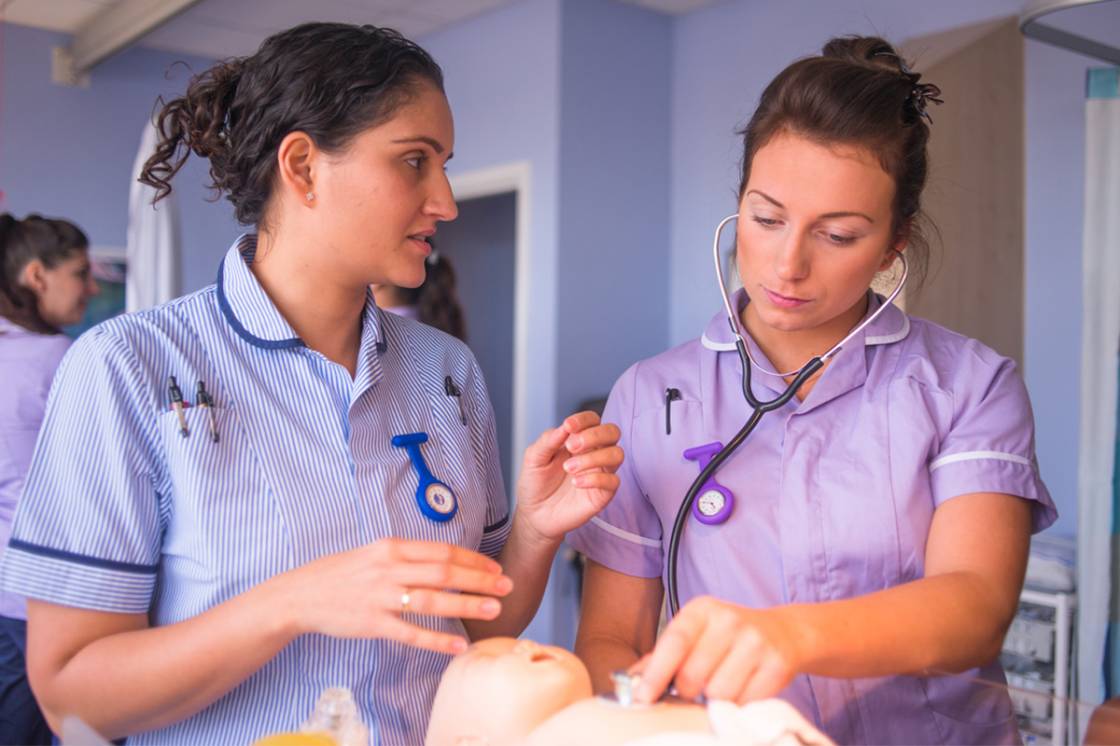
Accreditation
Recognised by the Nursing and Midwifery Council for the purpose of registration as a qualified midwife.
What our students say
Links with the health sector
We have a range of practice partners for midwifery from the NHS including:
- Croydon Health Services NHS Trust
- Epsom and St Helier University Hospitals NHS Trust
- Kingston Hospital NHS Foundation Trust
- St George's University Hospitals NHS Foundation Trust
- Frimley Health NHS Foundation Trust
- Ashford and St Peters Hospitals NHS Foundation Trust
Current research in this subject
Many of our staff are research active, often in partnership with NHS Trusts. This ensures they are in touch with the latest thinking and bring best practice to your studies.
Midwifery research activity focuses around several key areas:
- Clinical interventions
- Professional practice
- Women's experience of maternity care
- Public health
- International midwifery
We conduct much of our midwifery research and consultancy either in partnership with or on behalf of maternity services, voluntary sector and independent agencies.
Course changes and regulations
The information on this page reflects the currently intended course structure and module details. To improve your student experience and the quality of your degree, we may review and change the material information of this course. Course changes explained.
Programme Specifications for the course are published ahead of each academic year.
Regulations governing this course can be found on our website.
